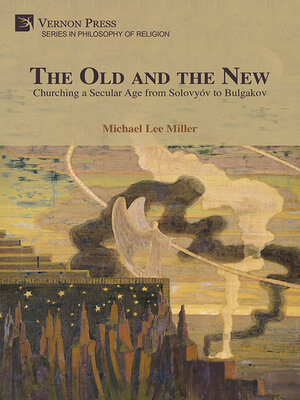The Old and the New
ebook ∣ Churching a Secular Age from Solovyóv to Bulgakov · Series in Philosophy of Religion
By Michael Lee Miller

Sign up to save your library
With an OverDrive account, you can save your favorite libraries for at-a-glance information about availability. Find out more about OverDrive accounts.
Find this title in Libby, the library reading app by OverDrive.



Search for a digital library with this title
Title found at these libraries:
| Library Name | Distance |
|---|---|
| Loading... |
In the midst of exile from his native Russia in the mid-1930s, Fr Sergii Bulgakov identified his basic aspiration as an Orthodox theologian to be a 'positive overcoming of Modernity' - in fact, a continuation of the efforts of his great 19th-century inspiration, Vladimir Solovyóv, to reconstruct Christian thought and culture in the face of the unprecedented challenges posed by the Enlightenment and the era of revolutionary upheaval. But Bulgakov's theological vision also involves a distinctive revision of Solovyóv's programme, whose 'residual Hegelianism' continually threatens to level out speculative reason and mystagogical faith, progress in history and 'the Kingdom not of this World'. Bulgakov refuses any such levelling: instead, he consummates the 'apocalyptic turn' Solovyóv had already commenced in the years immediately preceding his premature death in 1900.The resulting preference for the paradox of 'antinomy' over the closure of 'dialectic' comes to light in relation to four themes running through Bulgakov's thinking in the decades falling between his rejection of Marxism and the commencement of his mature systematic-theological work in the 1930s: history, work, knowledge, and power.







